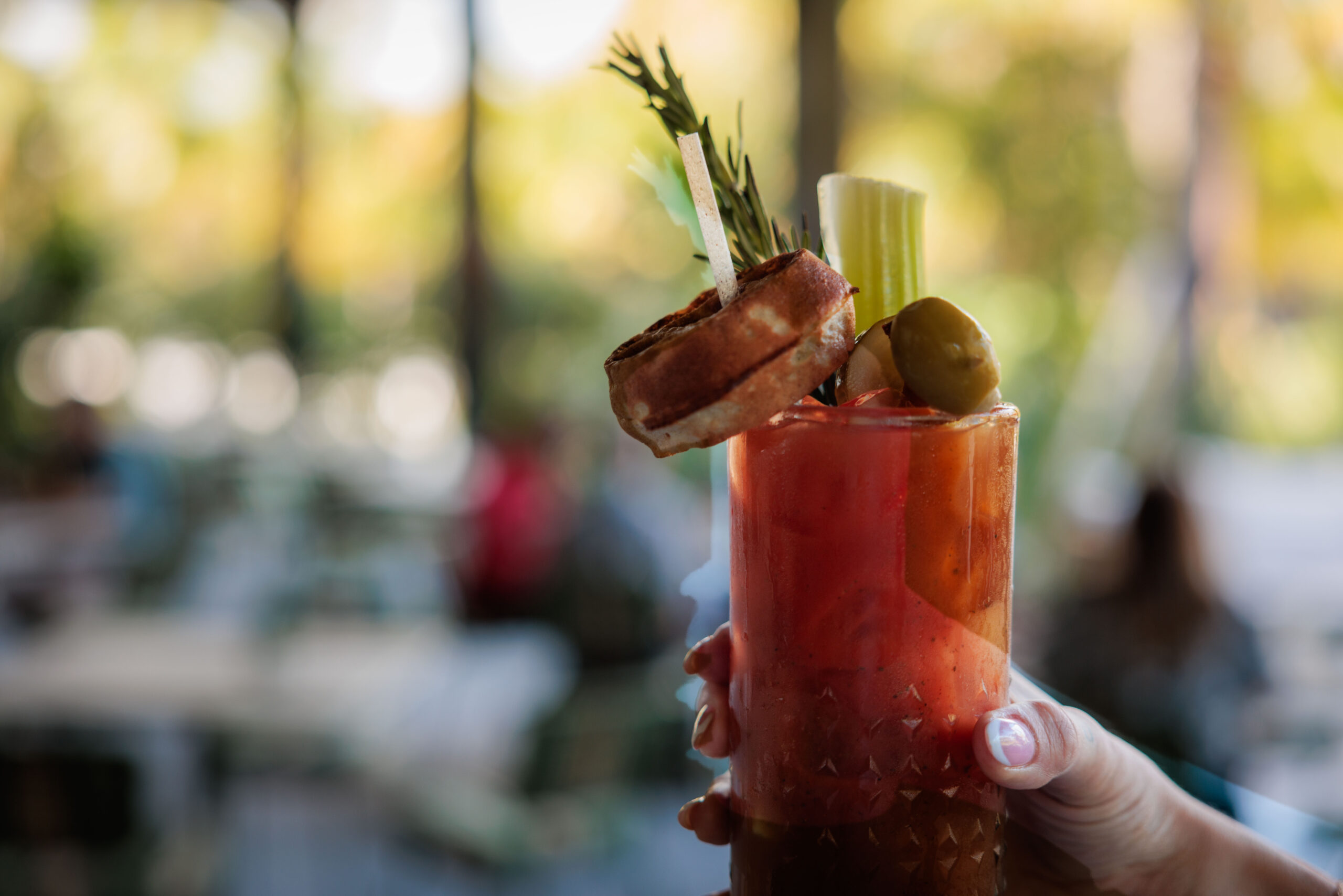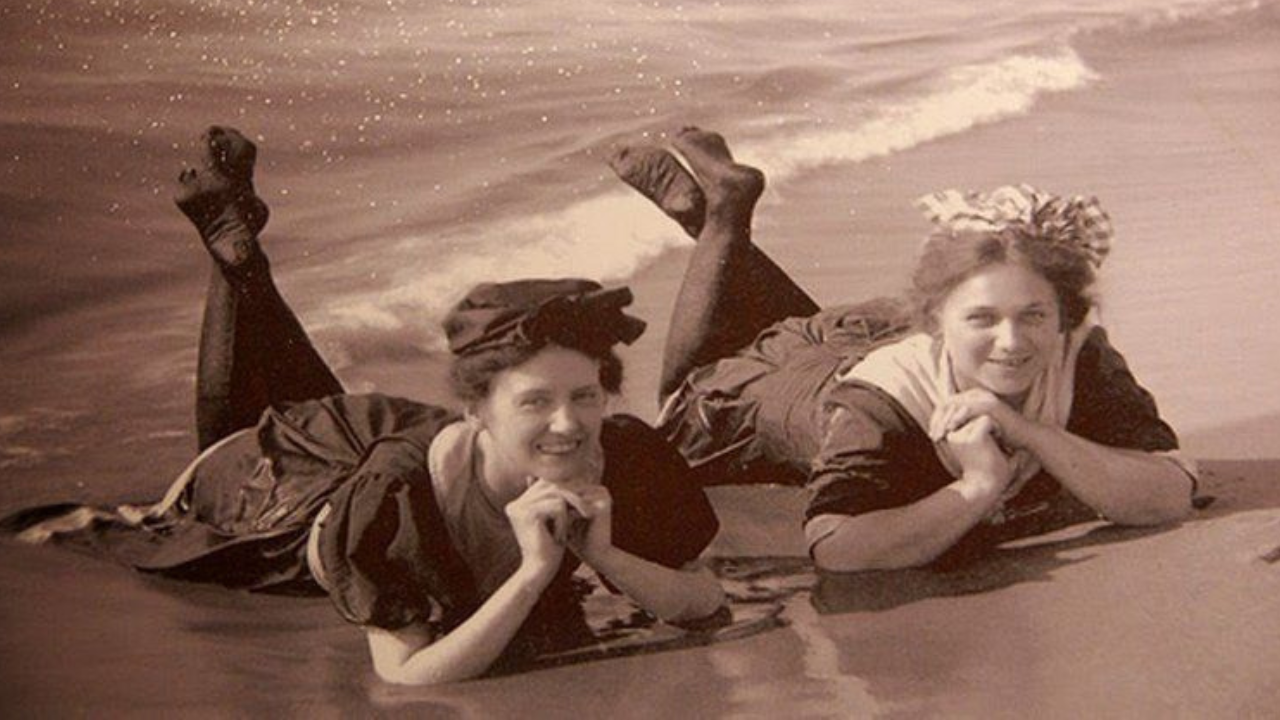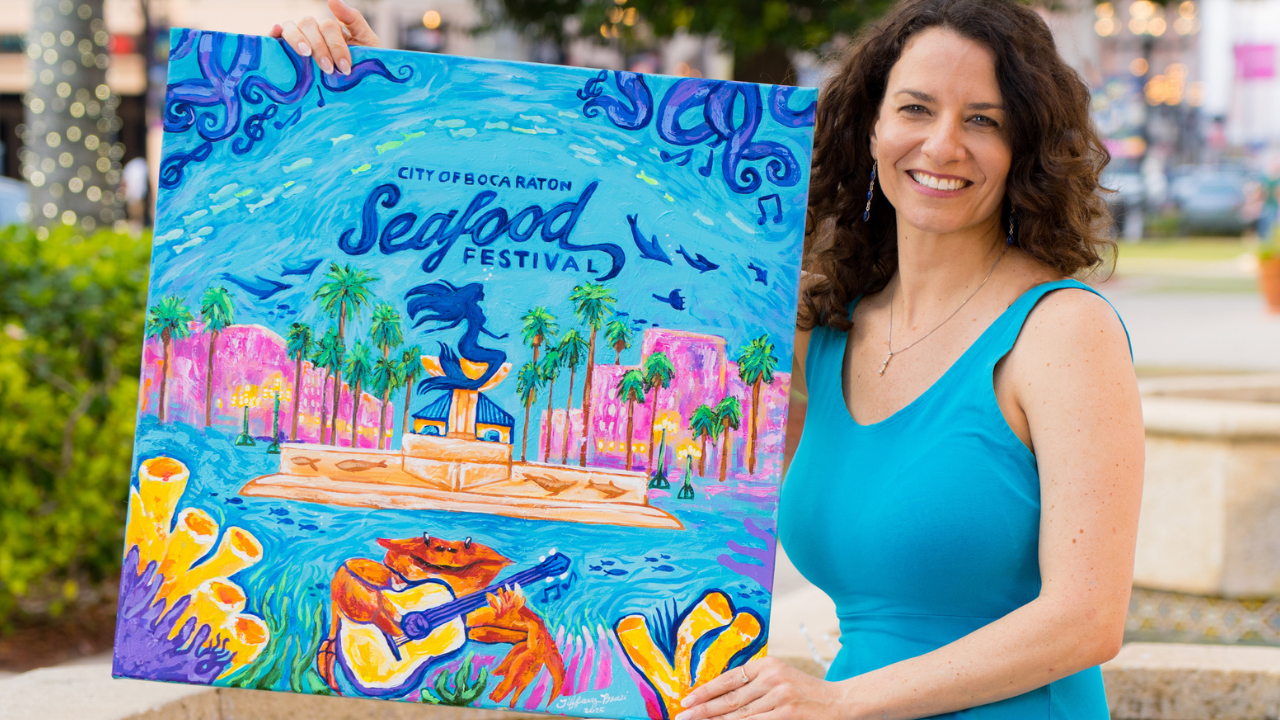Letter from the Chairman: LMG is here to help!
We’re in this together. Even before this unprecedented shutdown, this was the guiding principle of Lifestyle Media Group.
We’ve always tried to be there for the companies that drive business throughout the tri-county region—whether it’s supporting clients at one of South Florida Business & Wealth’s popular networking events or signature ceremonies or providing an award-winning publication, like Las Olas Lifestyle, as the backdrop for print advertisers. This moment is no exception. That’s why we want to talk to you about your branding.
It’s difficult to stay calm when a recession is looming, but brands that stay the course are often the ones to fend off challenges the longest and recover first. Continuing (or starting) to advertise and market during a recession is crucial to that recovery. As Henry Ford once said, “A man who stops advertising to save money is like a man who stops a clock to save time.” Keeping your brand in front of your customers keeps you first in their minds. John Quelch, senior associate dean at Harvard Business School, writes a blog (Marketing Know How) for Harvard Business Online. According to Quelch, “Uncertain consumers need reassurance of known brands. Successful companies do not abandon their marketing strategies in a recession; they adapt them.”
History offers plenty of supporting evidence:
1990
A MarketSense study concluded that the best strategy for coping with a recession is balanced longterm branding with promotion for short-term sales. The study showed that brands like Jif and Kraft Salad Dressing experienced sales growth of 57% and 70%, respectively, after increasing their advertising during the recession.
1980
McGraw-Hill Research analyzed 600 B2B companies and found that those who maintained or increased advertising grew significantly, both during the recession and during the following three years. In fact, by 1985, sales of companies that advertised aggressively had grown 275% over those that didn’t.
1949-1961
Buchen Advertising tracked advertising dollars vs. sales trends for the recessions of 1949, 1954, 1958 and 1961. They found that sales and profits dropped at companies that cut back on advertising; after the recessions ended, those same companies lagged behind the ones that maintained their ad budgets. (Source: Advertising Specialty Institute)
Brands that safeguard the hard-earned equity previously won in their marketing and brand campaigns will preserve the foundation they need to grow and rebound faster than competitors. If companies cut into advertising and communications budgets during a down period, the cost to regain that share of voice in the market, once the economy turns, may cost as much as four or five times.
Keeping a level head and committing to a long-term marketing strategy can help you flourish in the down cycle and be fully prepared to capitalize on the upswing. Should your messaging change? Absolutely. Should you appear empathetic and consider a way to include a cause marketing message? Yes. Should you go dark, cut back or run scared? No.
A continued presence during tough economic times will be viewed as a sign of stability, showing your business is strong enough to survive—and has the leadership to thrive.
Lifestyle Media Group can help. Our flagship business magazine (SFBW) and 10 Lifestyle publications—serving a combined readership of nearly 1 million—along with our daily digital newsletter are here to support our clients and partners. Don’t hesitate to contact us.
Stay strong and stay safe.
Gary Press
Chairman and CEO, Lifestyle Media Group
For More Information:
Lifestyle – Jeff Dinetz, [email protected]
SFBW – Clayton Idle, [email protected]















